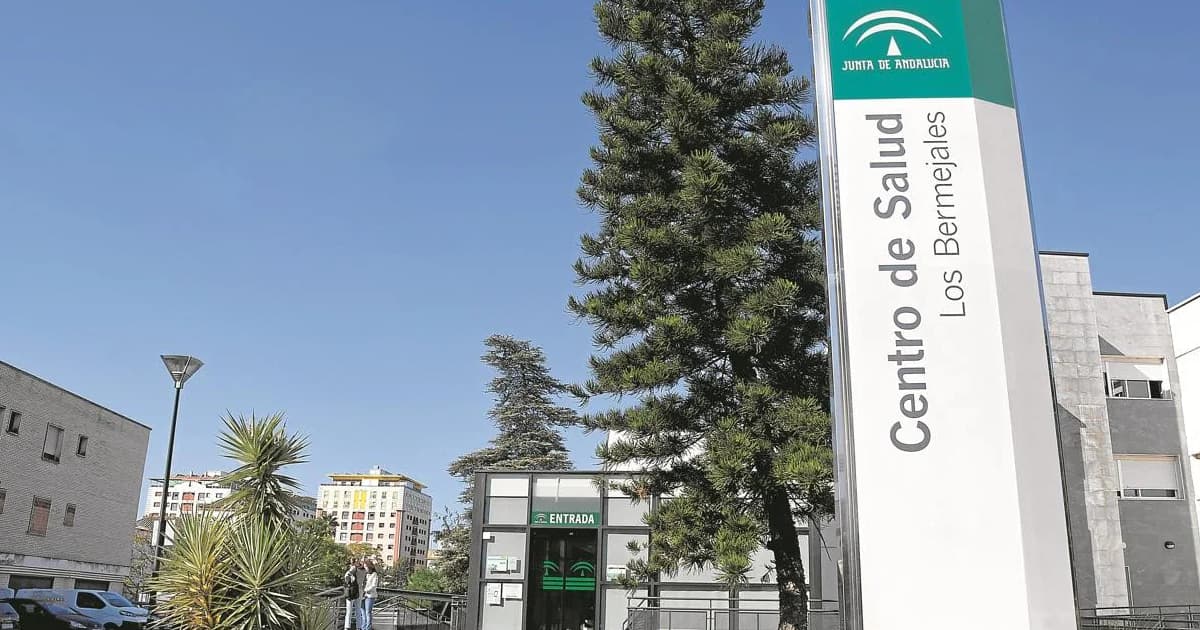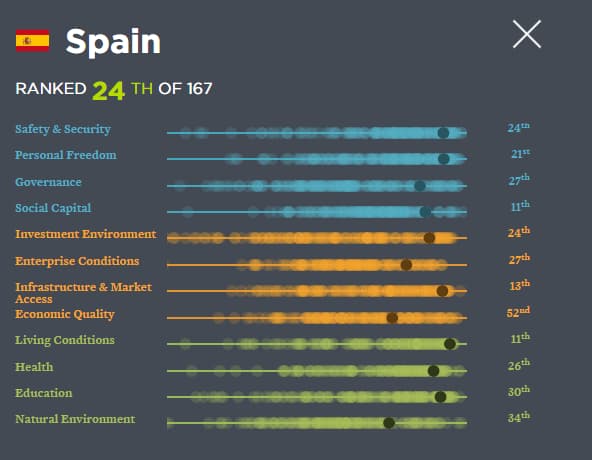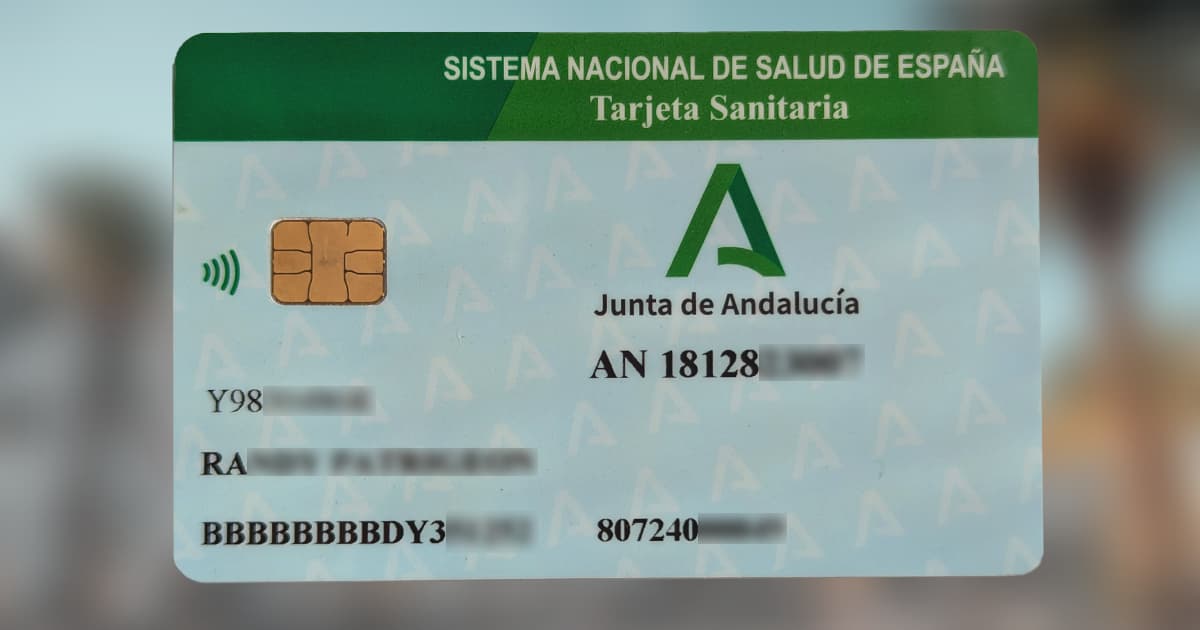
Healthcare in Spain for Expats
Last update: September 3, 2025
Reading time: 11.3 min
No Time to Read It All? Here’s the Quick Summary:
Spain offers excellent public healthcare through the Sistema Nacional de Salud (SNS), which is free or low-cost for legal residents. Expats need to register for social security and a health card (Tarjeta Sanitaria) to access services. Private healthcare is often used for quicker access or additional coverage (e.g., dental, optical).
- Public vs. Private: Public healthcare is comprehensive but slower; private insurance offers faster access.
- Costs: Public care is mostly free, but some services require co-payments. Private insurance costs €50–€200 per month.
- Emergency: Free at public hospitals; dial 112 for emergencies.
Expats must have either public or private insurance to meet residency requirements.
1. Introduction to Healthcare in Spain
Spain is a highly desirable destination for expatriates due to its laid-back lifestyle, rich culture, and sunny climate. However, beyond these well-known advantages, Spain is also praised for its robust healthcare system, which consistently ranks among the top in the world. Whether you’re moving to Spain for work, retirement, or temporary relocation, understanding how healthcare works for expats is crucial.
Spain offers both public and private healthcare options, with a public system (Sistema Nacional de Salud or SNS) that is accessible to all residents. The country’s healthcare system provides high-quality care, making it a reassuring option for expatriates.
2. Public and Private Healthcare in Spain
Spain’s healthcare system is split into two main branches: the public Sistema Nacional de Salud (SNS) and private healthcare. The public system is primarily funded by taxes and offers free or low-cost care to all legal residents. In contrast, private healthcare provides faster access to specialists and additional comfort in private hospitals, making it a popular choice for expats who want to avoid waiting times.
While the public system is excellent for general care, expats often combine it with private insurance to access quicker services and specialized care.
3. National Health System (SNS) Overview
The Sistema Nacional de Salud (SNS) is Spain’s universal healthcare system, guaranteeing access to healthcare for all residents, regardless of their income or employment status. The SNS is highly decentralized, with each of Spain’s 17 autonomous communities managing healthcare services within their region. This ensures that healthcare services are tailored to local needs, though it can also lead to variations in service quality and waiting times between regions.
Key features of the SNS include:
- Free or low-cost access to general practitioners, specialists, and hospital care
- State-funded healthcare, primarily supported by taxes
- Universal coverage for all legal residents

4. Accessing Public Healthcare for Expats
As an expat in Spain, you have the right to access public healthcare services, but the registration process can be a bit detailed. Here’s how you can get enrolled:
- Obtain Your NIE (Número de Identificación de Extranjero)
The NIE is your foreign identification number, which is essential for most bureaucratic tasks in Spain, including accessing healthcare. You can apply for this number at your local police station or at the Spanish consulate in your home country before moving. Read more : “Obtaining the NIE in Spain: A Step-by-Step Process“ - Register for Social Security (Seguridad Social)
Once you have your NIE, you’ll need to register with the Spanish Social Security system if you’re employed, self-employed, or a retiree entitled to social security from another country. To do this:- Visit the nearest social security office (Tesorería General de la Seguridad Social) with your NIE, passport, and proof of employment or pension.
- Fill out a registration form (Modelo TA.1) to get your Social Security Number (Número de Afiliación a la Seguridad Social). This number will be crucial for all future healthcare interactions.
- Empadronamiento (Register Your Residency)
You must register with your local municipality (Ayuntamiento) to confirm your residence. This process is called empadronamiento. You’ll need your NIE, proof of address (like a rental contract or utility bill), and passport. Once registered, you will receive a certificado de empadronamiento, which is required for many official processes in Spain. - Register at Your Local Health Center (Centro de Salud)
After obtaining your Social Security number and completing your empadronamiento, the next step is to visit your local health center, known as a Centro de Salud. Here, you’ll register to receive public healthcare services:- Bring your NIE, Social Security Number, empadronamiento certificate, and a valid ID (passport).
- You will be assigned a general practitioner (médico de cabecera) at the health center who will serve as your primary care physician.
- You’ll receive a health card (Tarjeta Sanitaria Individual or SIP), which allows you to access healthcare services, including doctor visits, specialist care, and hospital treatments.
- Healthcare for Family Members
If you are moving with your family, you can register them as dependents under your public healthcare. Each family member will need their own Tarjeta Sanitaria to access services. You’ll need to declare your dependents at the Social Security office and provide necessary documentation for each individual.
5. The Role of Private Healthcare for Expats
Although the public system offers comprehensive care, private healthcare is often used by expats to reduce waiting times and gain quicker access to specialists. Private health insurance provides more direct access to treatments, along with English-speaking doctors in many private hospitals.
Private healthcare can be particularly useful for procedures not covered by the public system, such as dental care, optical services, and certain elective surgeries. Many expats opt for private insurance to complement the public system, ensuring broader coverage.
6. Health Insurance Requirements for Expats
To obtain a long-term visa or residency in Spain, expats must prove they have adequate health insurance. This can be through:
- Public health insurance: Available to residents who contribute to the Spanish social security system.
- Private health insurance: Required for those who do not qualify for public healthcare, such as retirees who do not receive an S1 form. Private insurance must provide comprehensive coverage and meet visa requirements.
Many expats who are not yet eligible for public healthcare or those with complex medical needs choose private insurance for added peace of mind.

7. Healthcare and Residency Laws in Spain
Legal residency in Spain requires proof of healthcare coverage, whether through the public system or private insurance. Without adequate health insurance, residency applications can be denied. It is essential for expats to ensure they have continuous coverage, as healthcare is a key part of residency compliance.
8. Cost of Healthcare in Spain
While the public healthcare system is primarily free at the point of use, some costs do apply. For example, prescriptions often require a co-payment, with rates varying based on income. The cost of private healthcare varies widely but generally ranges between €50 and €200 per month, depending on age and coverage.
Spain’s healthcare costs are lower than in many other European countries, making it an attractive option for expats, particularly those with a modest income.
9. Quality of Medical Services in Spain
Spain consistently ranks among the top countries for healthcare quality. The country was ranked 26th globally by the 2023 Legatum Prosperity Index, placing it ahead of many other European nations. This is reflected in the country’s high life expectancy and low infant mortality rates.
Spain is also a world leader in certain medical fields, including organ transplants and cardiovascular treatments. The country’s emphasis on preventive care, combined with its investment in health technology, ensures a high standard of medical services.
10. Long-Term Care and Elderly Services
Spain offers long-term care services for the elderly and those with chronic conditions. This includes public and private nursing homes, home care, and specialized care facilities. Elderly expats may also benefit from the Convenio Especial, a public health insurance scheme available to those who have lived in Spain for more than one year but do not qualify for the SNS through social security contributions.
11. Registering for Social Security in Spain
To access healthcare in Spain, expats must register with the social security system. This process involves obtaining a social security number and registering at a local health center. Once registered, expats receive a healthcare card, known as the Tarjeta Sanitaria Individual (SIP), which grants access to public healthcare services.
12. Best Regions for Healthcare Access
Spain’s healthcare system is decentralized, which means healthcare access and quality can vary by region. The best-equipped regions for healthcare include:
- Madrid: Known for top-tier hospitals such as Hospital Universitario La Paz.
- Catalonia: Home to renowned institutions like Hospital Clínico in Barcelona.
- Valencia: With high-performing facilities like Hospital Universitario y Politécnico La Fe.
These regions offer excellent healthcare infrastructure, making them ideal for expats seeking high-quality medical care.
13. Emergency Healthcare in Spain
In an emergency, expats can access care at any public hospital. Emergency services are provided regardless of your insurance status, and you can call 112 (the European emergency number) or 061 (for medical emergencies in Spain). Emergency care is free under the public system, but private hospitals may charge if you are not insured.
14. Child and Family Healthcare in Spain
Expats with children can easily access pediatric services and vaccination programs through the public healthcare system. Children under the age of 15 also receive dental care through the SNS. Family members of expats who are registered for public healthcare can also be included as dependents, ensuring the entire family is covered.
15. Language Barriers in Healthcare
While many doctors in major cities like Madrid and Barcelona speak English, language barriers can still be a challenge in more rural areas. Expats are advised to look for English-speaking doctors through private insurance or use translation apps to communicate effectively with healthcare providers.
16. Healthcare for Short-Term Expats and Tourists
For short-term expats or tourists, the European Health Insurance Card (EHIC) or the Global Health Insurance Card (GHIC) can provide access to necessary medical care. These cards cover temporary stays and emergency treatments but do not replace comprehensive health insurance.
16. Healthcare for Short-Term Expats and Tourists
For short-term expats or tourists, the European Health Insurance Card (EHIC) or the Global Health Insurance Card (GHIC) can provide access to necessary medical care. These cards cover temporary stays and emergency treatments but do not replace comprehensive health insurance.
17. Insurance Options for Expats in Spain
Expats can choose between public healthcare (if eligible) or private insurance. For retirees and long-term residents, the Convenio Especial offers public coverage for a monthly fee. Private insurance plans are widely available and offer additional benefits, such as faster access to specialists and elective procedures.
18. Public Healthcare Strengths and Weaknesses
Spain’s public healthcare system is highly regarded for its efficiency, particularly in areas like organ transplants and preventive care. However, there are weaknesses, including long waiting times for non-urgent procedures and gaps in coverage for dental and optical services. Additionally, the decentralized nature of the system means that service quality can vary significantly across regions.

19. Dental and Optical Services in Spain
While basic healthcare is covered by the SNS, dental and optical services are not. Expats will need to pay out-of-pocket for dental treatments, such as routine check-ups and fillings, or opt for private insurance that includes dental and vision coverage.
19. Dental and Optical Services in Spain
While basic healthcare is covered by the SNS, dental and optical services are not. Expats will need to pay out-of-pocket for dental treatments, such as routine check-ups and fillings, or opt for private insurance that includes dental and vision coverage.
20. Best Hospitals in Spain
Spain is home to some of the best hospitals in Europe. Top public hospitals include:
- Hospital Universitario La Paz (Madrid)
- Hospital Clínico (Barcelona)
- Hospital Universitario y Politécnico La Fe (Valencia)
These hospitals are renowned for their specialized care and cutting-edge medical technology.
21. Mental Health Services in Spain
Spain offers mental health services through both the public and private sectors. While public mental health services are generally free, they may have longer waiting times. Expats with private insurance often have faster access to therapists, psychologists, and psychiatric services.
22. Common Challenges for Expats in Healthcare
Some of the most common challenges expats face include long waiting times for non-urgent treatments in the public system, navigating language barriers, and understanding regional variations in healthcare quality. Additionally, expats may need to supplement public healthcare with private insurance for better coverage of dental, optical, and mental health services.
Conclusion: Navigating Healthcare in Spain
Spain offers a robust healthcare system with both public and private options, providing high-quality care to residents and expats alike. While the public system is highly accessible and affordable, private insurance offers valuable supplementary services, making it easier to manage waiting times and access specialized care.










